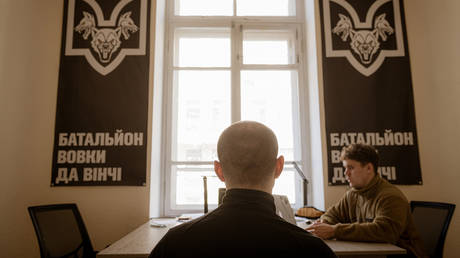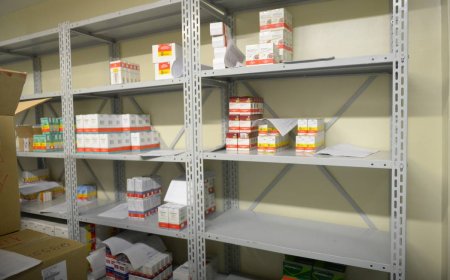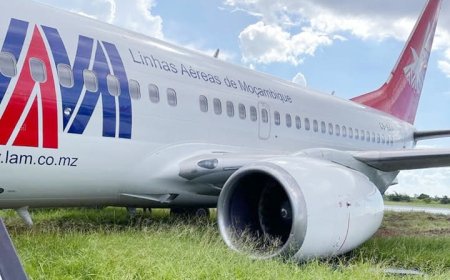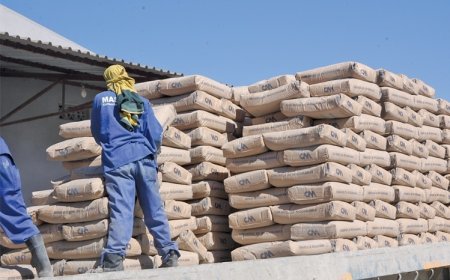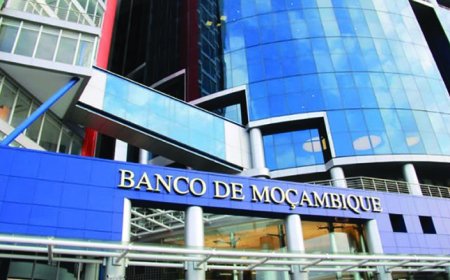South African troops may return to Cabo Delgado to protect interests in HCB and Sasol
The new South African Minister of Defense, Angie Motshekga, is under intense pressure to intervene immediately in the fight against Islamic extremism in the Cabo Delgado province of northern Mozambique.
The growing fear is that the spread of terrorism to the center and south of the country could threaten strategic infrastructures, such as the Cahora Bassa Hydroelectric (HCB) in Tete and the gas wells in Temane, Inhambane, which are vital for South Africa's energy supply.
Cahora Bassa, which produces 1,500 MW of electricity, a significant portion of which is destined for South Africa, faces a real threat. Similarly, the gas wells in Temane, Inhambane, operated by Sasol, are considered high-risk for potential insurgent attacks.
South Africa, as the main destination for the gas extracted in Inhambane, sees its energy security under threat, especially at a time when the transport of gas from the Rovuma fields is also endangered.
Helmoed Heitman, a prominent South African military analyst and author, who has been a member of the army reserve since 1970, recently issued a strong appeal to the South African government.
Helmoed, who has a controversial history due to his involvement with the apartheid-era army and his defense of repressive counter-insurgency methods, warned of the urgent need to intervene in Cabo Delgado.
“It is imperative to address the insurgency in Cabo Delgado immediately. If this situation is left to proliferate, it could threaten not only Cahora Bassa but also, if it spreads further south, the gas field in Temane,” stated Helmoed Heitman.
According to Heitman, the new South African government's priority should be combating the insurgency in Mozambique, utilizing a more robust military force and air resources.
Heitman emphasized that if the Mozambican government refuses the use of air assets, South Africa should consider other ways to protect HCB and possibly reinforce border controls to prevent terrorists from entering its territory.
“If, for any reason, the Mozambican government does not allow this, an alternative to protect Cahora Bassa must be found, and the border with Mozambique needs to be reviewed with a keen eye on future security,” he stressed.
At the same time, Heitman warned that the South African Minister of Defense will need to clarify to the President and Cabinet that the current defense policy has failed and cannot be implemented with the existing budget.
Defining the security role that South Africa intends to play, whether regional, sub-regional, or purely local, is critical to determining the capabilities the Defense Force will need to maintain, recover, or develop.
The situation in Cabo Delgado, according to Heitman’s analysis, demands immediate action, but the challenging context in which South Africa's new Ministry of Defense operates makes decision-making even more critical. Heitman also criticized the South African mission in the Democratic Republic of Congo (DRC), where the country's forces are facing the M23 group.
He argued that the mission was poorly conceived, with a relatively small and inadequate force for the scale of the operation, which involves fighting multiple armed groups in three provinces and protecting civilians and infrastructure.
“Without air support, the troops are severely under-equipped for the mission, and the lack of a counter-rocket, artillery, and mortar (C-RAM) capability makes their bases and logistical support vulnerable,” he analyzed.
For South Africa to succeed in the DRC, Heitman suggests two options: expand the deployed force and provide the necessary capabilities to contain the M23, or declare the mission complete and withdraw, accepting the operation's failure.
“A critically urgent requirement will be to obtain counter-drone systems for the deployed force in the DRC, supported by elimination systems. This role could be filled by 35 mm anti-aircraft artillery, such as the Gepard in Ukraine, or even something as basic as 12.7 mm or 14.5 mm machine guns with thermal sights. Nothing is perfect, but it’s better than nothing,” he stated.
It is worth recalling that South African troops began withdrawing from Mozambique after an anti-terrorism mission in Cabo Delgado. In March, South African Major General Patrick Njabulo Dube visited South Africa's Forward Operational Base in Macomia to inspect the readiness of the Charlie combat team for withdrawal, praising their performance during the mission. The South African contingent was the second group to withdraw from the Cabo Delgado mission, an operation that began on April 7.
Currently, the insurgency in Cabo Delgado is being fought exclusively by Mozambique’s Defense and Security Forces and Rwandan troops, which underscores the urgency of a possible renewed intervention by South Africa to protect its strategic interests in the region.







